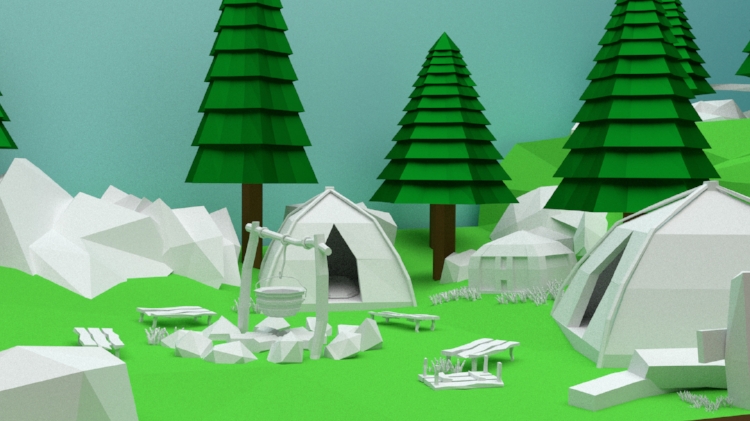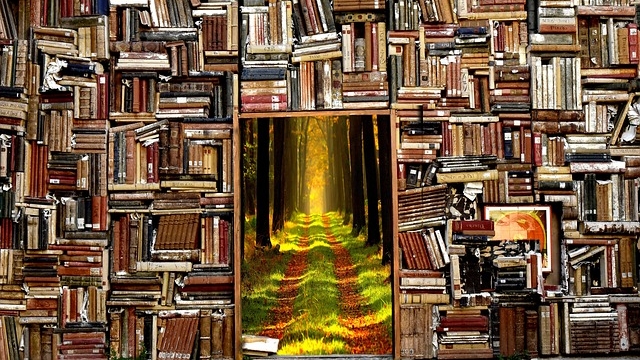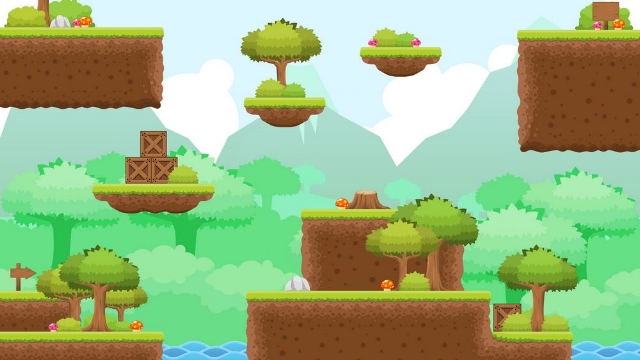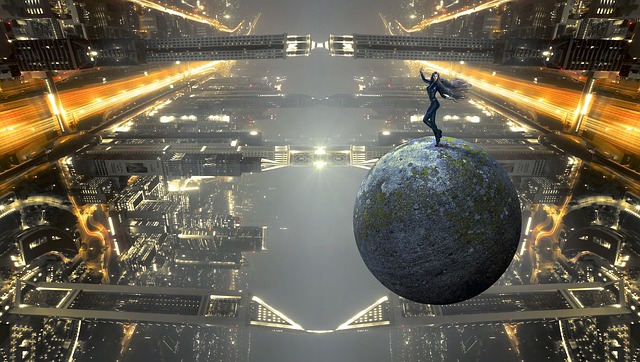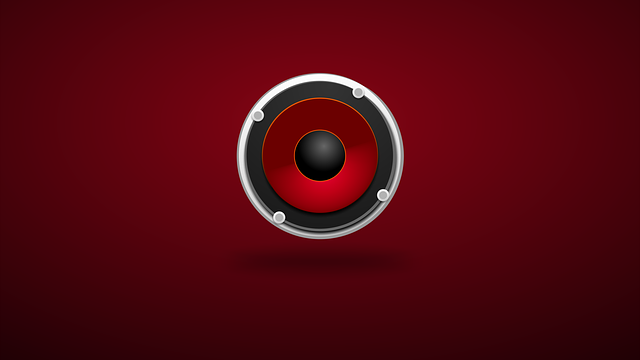In order to ensure that you get the very best game music soundtrack for your game, you will need to brief your composer as well as you can. As a game music composer myself (learn more about me), I have experience in working with many different types of people and clients – from indie game developers, small game studios, filmmakers, podcasters, tv producers and more.
Here are my tips on how to discuss what you want and to brief a composer well, as this is a really important aspect to working well with a composer:
1. Describe what you want in words
Articulate as best you can, what you want. Use more than one word to describe things, as often how one person describes a style of music is different to another.
If you aren’t sure what types of styles are possible have a look through some of my game music soundtrack examples. Listen to how they sound, see what kinds of games they’ve been commissioned for and used in. See how they fit the style of the games and just get a feel for it.
2. Decide on what sounds you want
Think about whether you want orchestral sounds, electronic sounds, chiptunes/8-bit, a mix, or specific instruments. Tell them what you like and don’t like.
Some people really like the piano, or violin or harp for example. Others don’t – so be as clear as you can about what you have in mind if you can.
Also see: How to Detect a Bad or Inexperienced Composer, to make sure you don't get into any traps or get stuck with a composer you aren't happy with.
3. Think about how you want people to feel
Describe the emotion you’re aiming for e.g. happy / sad / reflective / uplifting / dark / menacing / creepy etc. For me at least – I work particularly well from these types of descriptions as for me the music is all about the emotion and the emotional impact that it has one someone listening to it.
If I can understand what kind of mood you’re trying to create and what is right for a specific part / level of a game – then I can usually get the music to fit that scene well.
4. Give them examples
This may sound obvious but not everyone does it! Find some tracks that you like and that offer the same sort of feeling / sounds or something else that fits with what you’re looking for. This is often called a ‘reference track’ or a ‘guide track’ and can be really helpful as part of the process.
In some cases, the whole point of needing and hiring a composer is that you haven’t been able to find the exact ‘sound’ that you want. That’s ok and there will still be things that you can share that will help the composer to understand what you’re looking for. You may have a few tracks that offer different aspects of what you want e.g. one track has the right ‘feeling’, the other the kind of sounds you like, or maybe you just have some examples of music you really like and some that you really don’t like! A good composer will be able to interpret this, take the aspects that you like from different music examples (songs/soundtracks/music clips), and blend them together to create just what you’re looking for!
5. Agree on the practical elements
Decide how long you would like the track to be and whether it should loop / end or fade. Many game music tracks need to loop as you will expect the player to be spending quite a bit of time in one area of your game. If this is the case – think about how long you want that piece of music to be in order for it not to sound really repetitive.
Think about if you will need more than one version of a track and let the composer know what you need.
Also see: 3 Mistakes to Avoid When Creating Music for Your Game
6. Let them into your world
Show them your game if you can. Even if it’s just a character image or screenshot from it – give them something visual to work with and to inspire the composer.
If they can get an understanding of the world you’re trying to create, they will be much more inspired and creative about the music that they create for you.
From the various games I’ve worked on (see credits), I’ve seen different parts to their games as they’ve all been at varying stages of development. To me it doesn’t really matter what I see as long as I see something. Some developers give me beta access to their games, others show me gameplay video clips, others offer static images or gifs or just a longer description of the game world, storyline and key characters. Don’t worry too much if you don’t have a complete version of the game available to show. Just share what you can and let the composer do the rest!
About the author: Ninichi is an experienced game music and film music composer. She creates music in a range of styles and has worked on numerous games and films supporting indie game developers and indie film makers with their projects.
Contact Ninichi to commission her and discuss your music needs.
Follow her @ninichimusic




